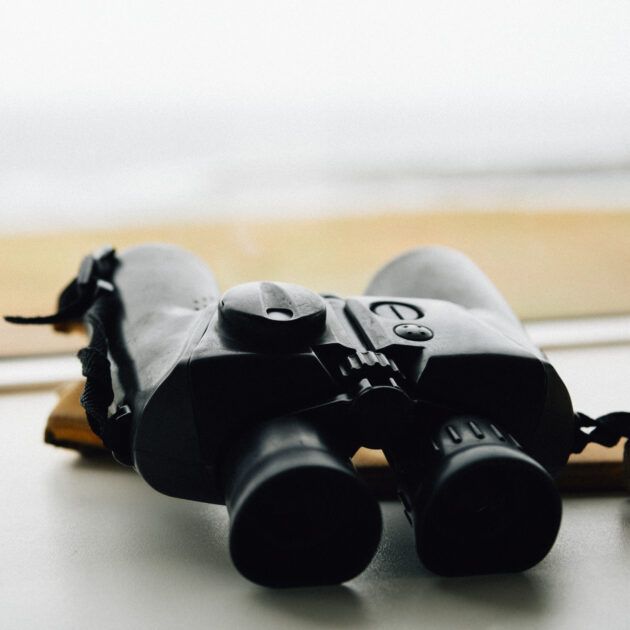
Anticipating techno-social trends is a crucial task for policymakers aiming to promote innovation in a responsible, sustainable, inclusive, and fair way. However, we have identified that very few of the currently available methodologies for horizon scanning (H/S) and foresight enable a systematic anticipation of ethical issues linked to emerging technologies. Moreover, these approaches have often only been used in academic settings, meaning there is a need for them to be adapted to a policymaking context.
We believe there is an unmet need for a policy-tailored, ethically aware approach to H/S and foresight. By creating one, we can increase the likelihood of ethical implications being considered earlier in the policy development process and then seamlessly carried through. This would help to reduce the risk of ethics being forgotten, diminished, seen as a ‘tick box’ or at worst, a hinderance. And ultimately, this would facilitate our mission to place ethics at the centre of decisions regarding biomedicine and health, so we all benefit.
Over the next few months, we are working with Patience Kunonga, Sonia Garcia Gonzalez-Moral and Claire Eastaugh from the NIHR Innovation Observatory to complete a rapid scoping review that will formally assess the extent to which ethical considerations are embedded within existing horizon scanning and foresight methods. As mentioned, we believe through our own research that there are little to none, but we recognise that this robust assessment is needed and should it reveal something we have missed, we plan to explore whether we can build upon what has been made before.
Parallel to this, we are working with Federica Lucivero, Senior Researcher in Ethics and Data, Nuffield Department of Population Health, Ethox Centre to interview a select group of H/S and foresight leads working across UK Government departments. Our aim is to better understand the methods commonly used by these teams as well as the time and resources they invest in their exercises. We will then use these insights to draft a new approach that will bring ethics into the process in a timely way, without an increase to capacity or budgetary demands.
As part of our development process, we have formed an expert panel of people who have leading expertise in H/S and foresight. The panel, which includes representatives from the NIHR Innovation Observatory, Nuffield Foundation, Ada Lovelace Institute, School of International Futures, GoScience, Nesta, Wellcome, NHS England, Gesda, the Danish Board of Technology, POST, the Dubai Future Foundation and Council of Europe, will be presented with our drafted approach and asked for their feedback. We hope that their challenge and critique will help to ensure that whatever we produce is not only innovative, but also pragmatic and practical.
We are really excited about starting this project at the Nuffield Council on Bioethics and look forward to publishing updates as our ideas take shape and things progress. In the meantime, if you have any questions or comments, please do get in touch as we’d love to hear from you: jstone@nuffieldbioethics.org / smccully@nuffieldbioethics.org
Related projects
-
Joint project